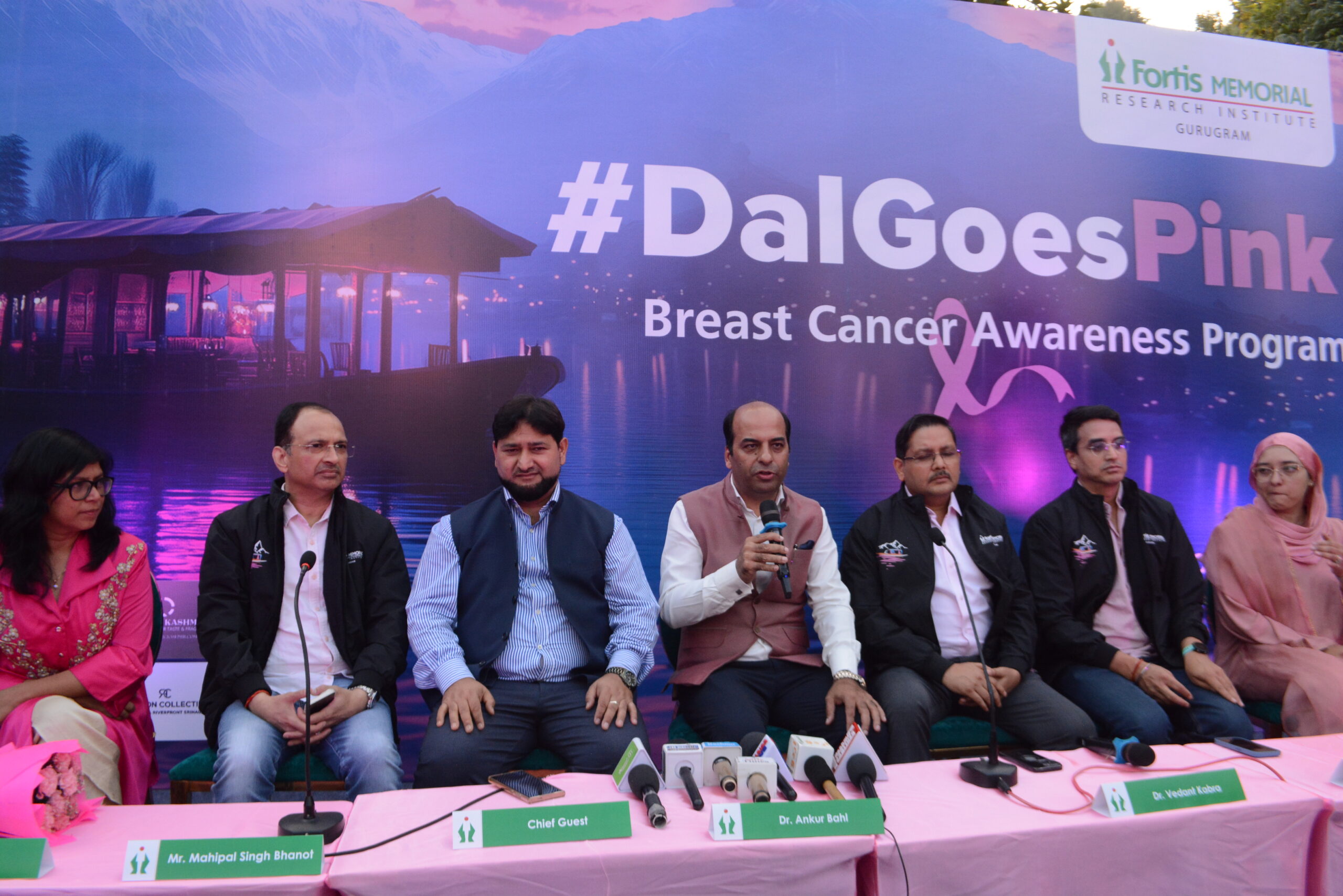Srinagar, Oct 03 : The alarming rise in heart attacks among young people in Kashmir is causing growing concern, with experts linking the trend to sedentary lifestyles, poor dietary habits, and rising stress levels.
Once predominantly seen in the elderly, heart attacks are increasingly affecting those under the age of 40, a demographic traditionally considered at low risk for such conditions.
Dr. Adil Khan, a cardiologist, attributes the surge in heart attacks to the rapid changes in lifestyle among Kashmir’s youth. “Fast-paced, stressful lives, coupled with poor dietary habits and a lack of physical activity, are having a detrimental impact on heart health,” he told, “Junk food, sedentary behavior, and high levels of stress are major culprits.”
The growing prevalence of obesity and diabetes among younger populations is exacerbating the issue. Both conditions are known to significantly increase the risk of heart attacks by contributing to the development of high blood pressure, cholesterol, and other cardiovascular problems.
A heart attack, medically known as a myocardial infarction, occurs when an artery responsible for supplying blood and oxygen to the heart becomes blocked. This blockage causes a reduction in blood flow, leading to permanent damage to the heart muscles if not treated promptly. Dr. Khan said that younger patients often present with classic symptoms such as chest pain radiating to the arm and excessive sweating.
Experts also believe the COVID-19 pandemic has played a role in the rising number of heart attacks among young people. Stress, isolation, and changes in lifestyle during the pandemic have exacerbated pre-existing health issues, putting further strain on the heart.
Another critical factor contributing to the spike in heart attacks is the high rate of substance abuse in the region. The National Family Health Survey (NFHS-5) indicates high rates of cigarette smoking in Jammu & Kashmir, as well as an alarming increase in opioid use. Drugs like heroin, in particular, have become widespread, leading to a sharp rise in overdose-related deaths.
According to a cardiologist at Government Medical College (GMC) Srinagar, the psychological stress caused by unemployment, financial distress, and the pressures of social media are additional contributors to the declining heart health of Kashmir’s youth. He said that many young people lack a strong support system, driving them toward unhealthy coping mechanisms.
To counter this growing crisis, experts recommend adopting a healthier lifestyle. Maintaining a balanced diet, reducing junk and processed food consumption, and staying physically active are critical steps. Additionally, recognizing early warning signs of a heart attack and seeking prompt medical help could save lives. (KINS)
Representational Image



